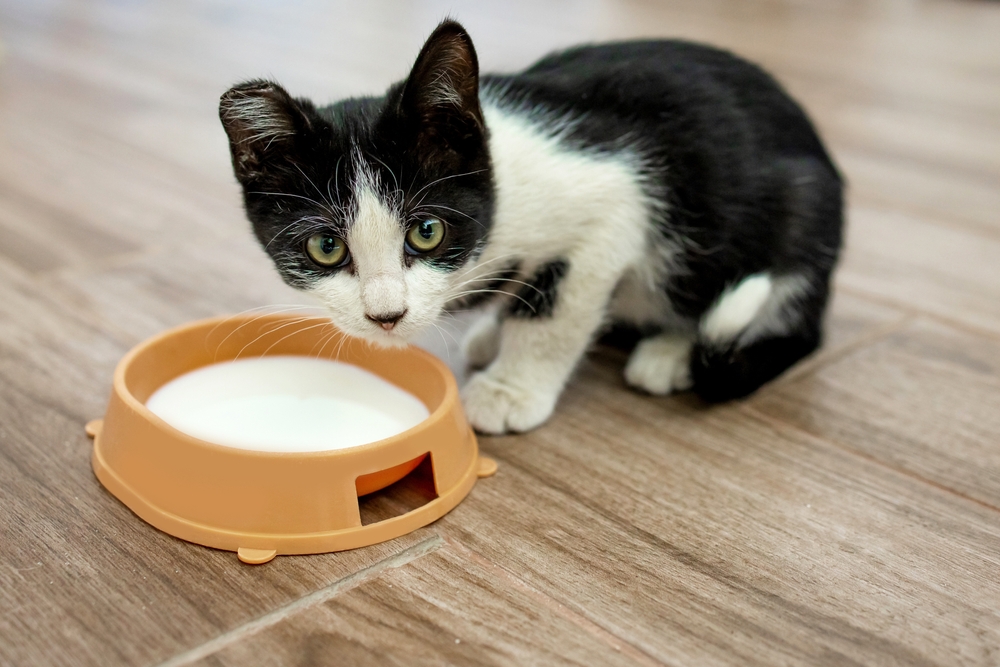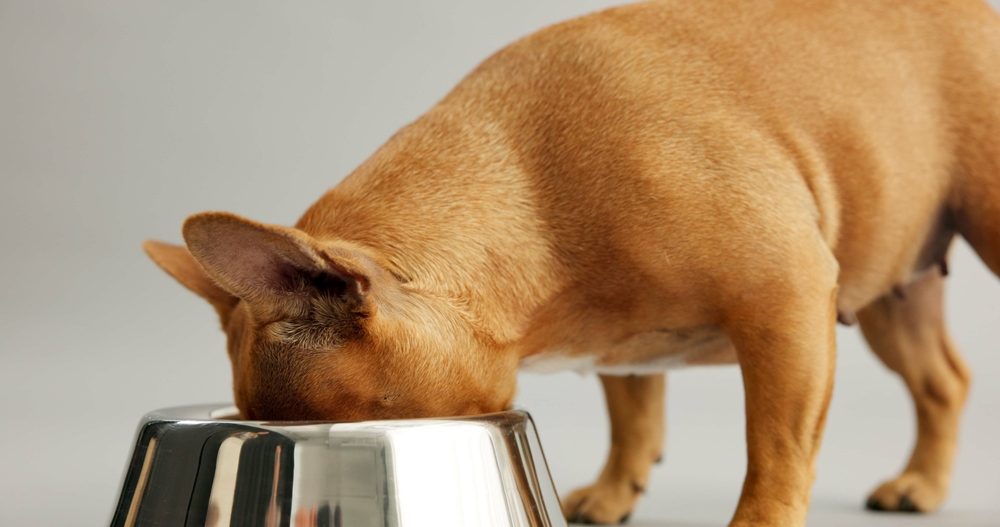Are you tired of sorting through endless pet food advice, only to feel more confused than ever? At Companion Care Animal Clinic, we hear your concerns and questions about the best food for your pet all the time. So much information is swirling around that you can easily fall for diet stories that sound convincing but aren’t backed by science.
The myths constantly being promoted can impact your pet’s health if you do not push for the facts. Here, we debunk five of the most common pet nutrition myths and set the records straight to help you make the best dietary choices for your four-legged friend.
1. Grain-free for pets: Truth or trend?
Myth: Grain-free diets are a healthier option for pets, because they prevent allergies.
Fact: Despite their popularity, grain-free diets can be problematic, mainly because a potential link has been made to a serious heart condition called dilated cardiomyopathy (DCM). Grains are not inherently bad for pets and, in fact, provide essential nutrients like fiber, vitamins, and minerals. Some pets may have specific grain allergies or intolerances, but they are few and far between. For most pets, grains are a beneficial portion of a balanced diet, so removing grains without a good reason can lead to nutritional deficiencies.
2: Raw diets for pets: Natural or risky?
Myth: Feeding your pet a raw diet is the most natural and healthiest choice.
Fact: Raw diets are often promoted as good for pets because they more closely resemble what your pets’ ancestors ate. However, our pets have long been domesticated, and these diets can pose serious health risks, including bacterial infections (e.g., Salmonella or E. coli) and nutritional imbalances. The risk of contamination can extend to the human household members, particularly children and older adults. Preparation of a safe and balanced raw diet requires meticulous planning, care, and knowledge and should be considered only after receiving professional guidance.
3: By-products in pet food: Nutritional value or not?
Myth: Corn and by-products in pet food are fillers and have no nutritional value.
Fact: Corn is a highly digestible source of carbohydrates, provides essential amino acids and fatty acids, and is a good source of energy for your pet. Properly sourced by-products, including organ meats rich in vitamins and minerals, are nutritious and labeling them mere “fillers” is misleading. In appropriate amounts, by-products contribute to a balanced diet that supports overall health.
4: Cats and milk: Myth or must-have?

Myth: Cats love milk, so dairy products must be good for them.
Fact: Forget the age-old picture of a cat greedily lapping milk from a bowl. Some cats enjoy milk, but most adult cats are lactose intolerant. This means dairy products can cause digestive issues like stomach upset, diarrhea, and cramps. So, your cat may beg for a sip of your cereal milk, but you should resist those pleading eyes. Kittens can digest their mother’s milk, but cow’s milk does not contain the enzyme needed to properly break down lactose.
5: Vet-approved diets: For pets, not profits
Myth: Vets recommend specific diets because they get kickbacks from pet food companies.
Fact: Veterinarians base their diet recommendations on scientific research and clinical evidence, not financial incentives. The suggestion that vets receive kickbacks undermines their professionalism and dedication to pet health. In reality, veterinarians recommend diets that have been clinically demonstrated as safe and balanced, and that they trust to meet your pet’s specific needs. Veterinary professionals always have your pet’s best interests at heart.
Putting pet myths to rest
Navigating the world of pet nutrition can be overwhelming, but our team at Companion Care Animal Clinic is always available to help you make informed decisions about your pet’s diet.
The best food for your pet meets their specific nutritional needs and keeps them happy, healthy, and at a good weight. Do you need recommendations for your pet’s dietary needs? Schedule an appointment with us. We strive to provide “care you can trust.”







Leave A Comment